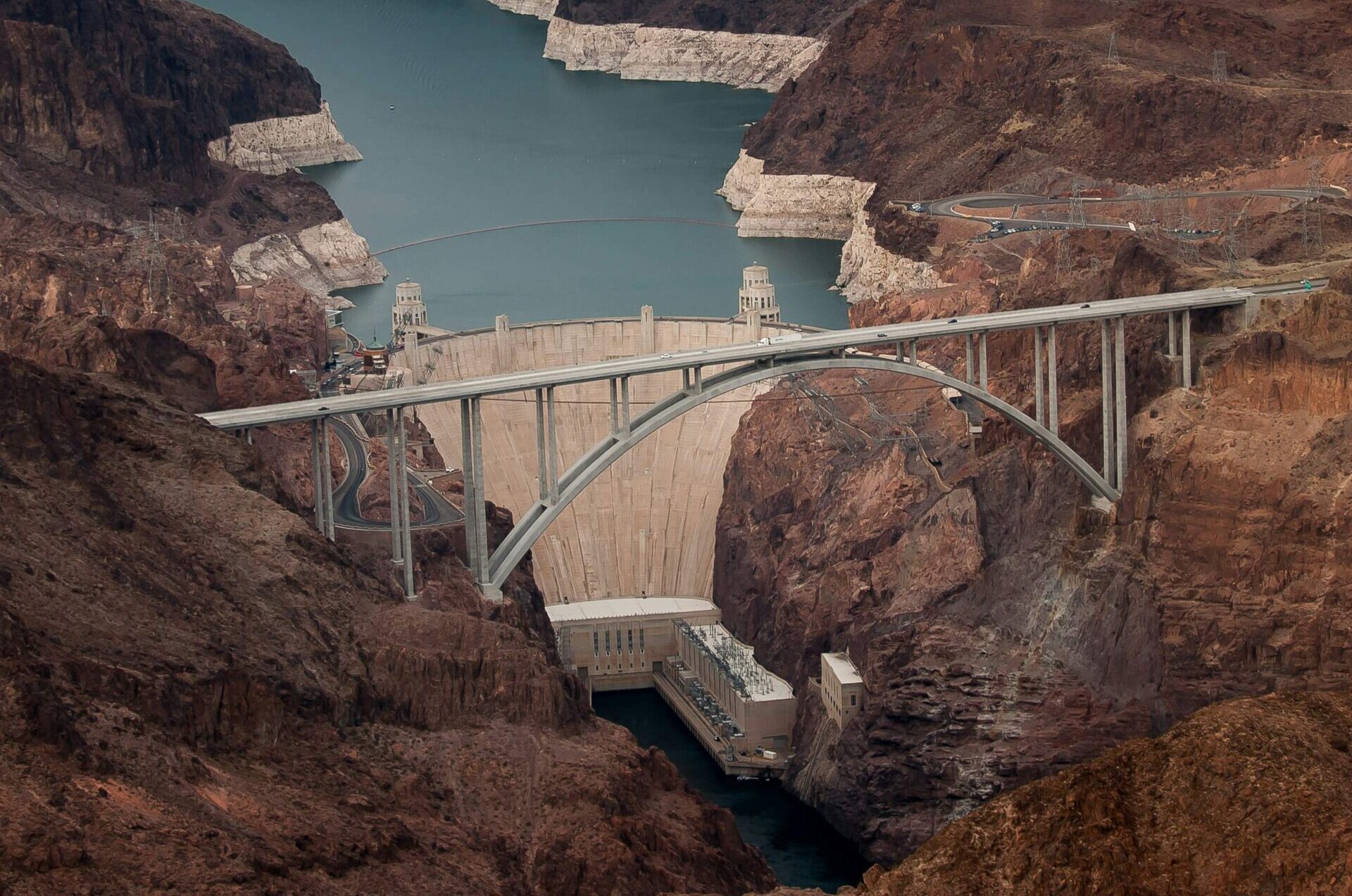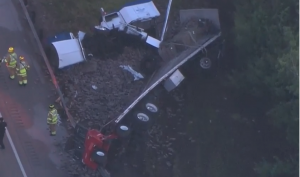Earlier this month, on August 1, the Senate office held a vote for the biennial Water Resources Development Act 2024. The sponsors of the bill are set to meet with their House counterparts now that the bill has passed the one office. From there, they are expected to come to final terms for the bill. The House first passed the original bill a few weeks back, on July 22. The bill swept both the House and the Senate. Speakers from both offices have stated that they plan to clear the bill and have it ready to be signed by the president before 2025. This means the bill would be presented to President Joe Biden, rather than whomever is newly elected in November.
The bill will invest in U.S. ports, dams, canals, and other forms of water infrastructure.
With the upcoming election looming over the country, especially in the political realm, the country is feeling more divisive than ever. Nonetheless, the two sides of the legislative branch came together to make a massive bipartisan decision. The Committee Chairman of the Environment and Public Works Committee, Tom Carper of Delaware, stated that he is excited for the investment plan. He stated that not only will they improve the water infrastructure, but they will also “protect our communities and support good-paying jobs” with the implementation of this initiative.
If the bill is signed by the President, it would fund 83 studies and 13 different construction projects.
Some of the 13 projects are new and would just be beginning with this new funding. Others have been in existence and are being modified before a continuation of the construction. Some of the money would go to the Army Corps, as they are responsible for many of the projects getting their opportunity with this bill. The biggest projects would specifically focus on flood control, wastewater infrastructure, and stormwater infrastructure. Experts are researching to find ways to repurpose as much water as possible, so there will certainly be significant funding into these research and development projects. Additionally, with the passing of the bill, the Federal Emergency Management Agency’s national dam safety program would be reauthorized and be able to resume their work.






